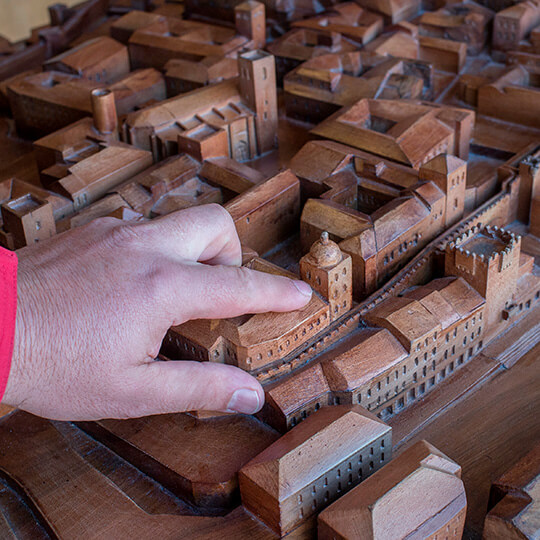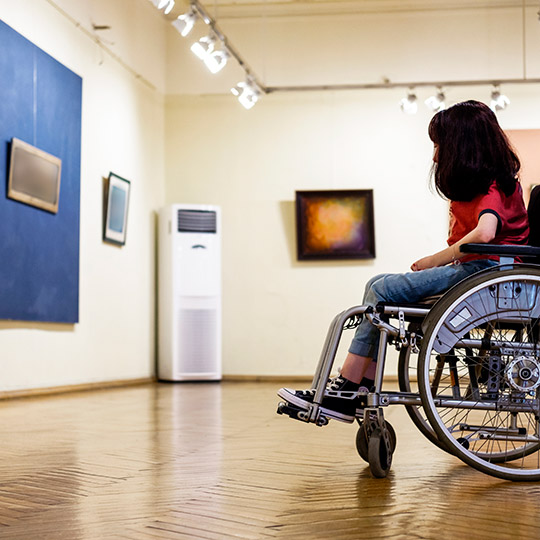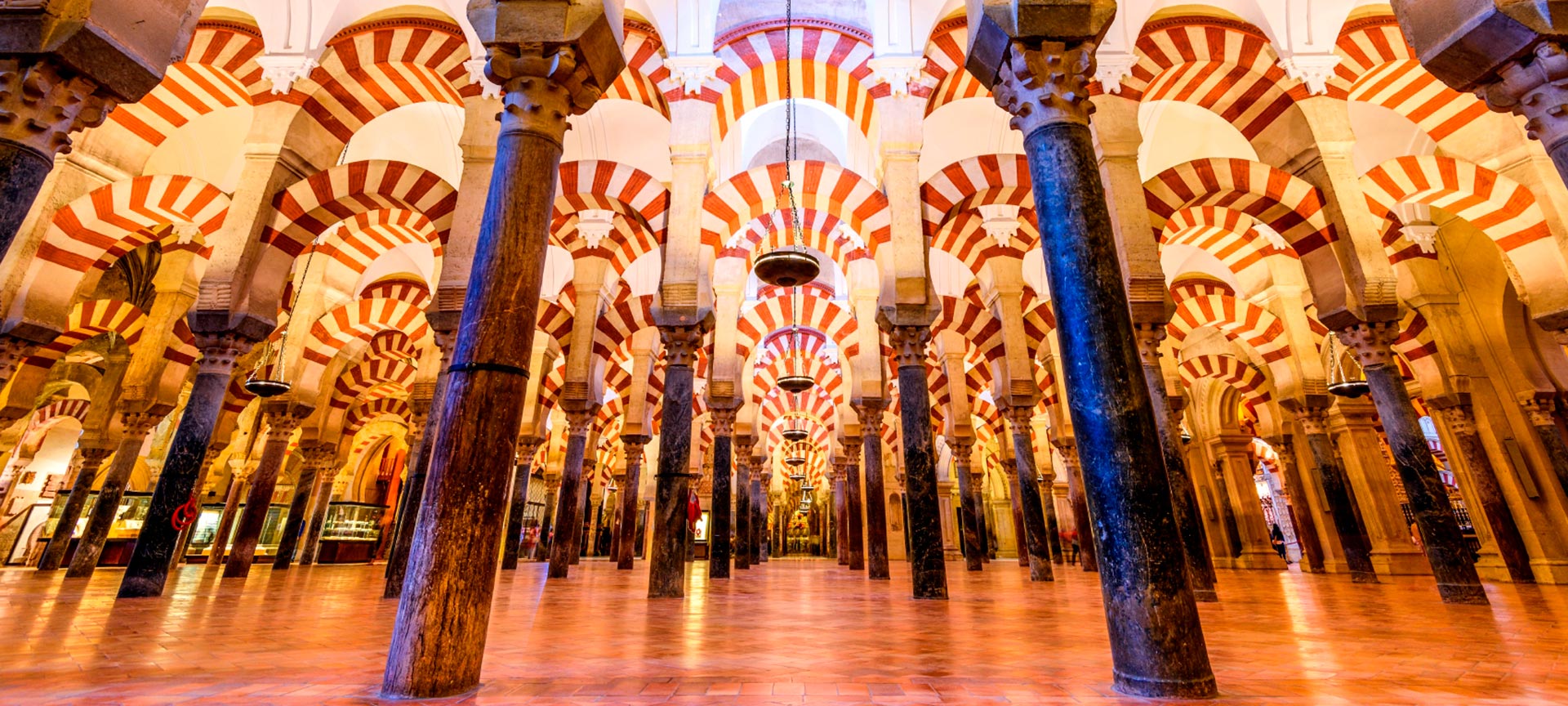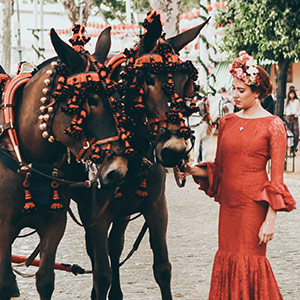Many destinations in Spain have adapted their cultural heritage to offer a quality experience to everyone. Adapted routes and access, Braille guides and maps, sign language explanations and activities designed with diversity in mind.Cultural attractions such as the Prado Museum or Reina Sofía National Art Museum in Madrid, LaPedrera or Joan Miró Foundation in Barcelona, La Alhambra in Granada or Santiago de Compostela Cathedral have been designed to accommodate visitors with disabilities.The city of Vigo and its so-called golden mile of art deserve a special mention, with its various museums, exhibition rooms and cultural centres. And it has been chosen among the five most accessible cities in Europe, according to the European Commission, for its “innovative architecture in a totally challenging topography.”








